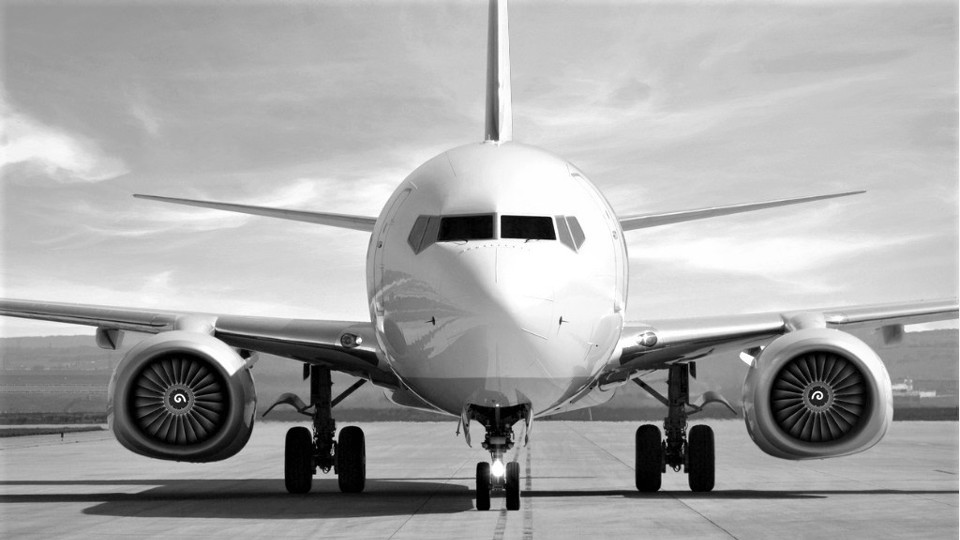Bangladesh air deemed deadly
On 18 December 2020, the Bordeaux Court of Appeal upheld a lower court’s judgment and blocked the deportation of Sheel*, an asthmatic Bangladeshi man, accepting his lawyer’s argument that the air pollution in Bangladesh would exacerbate his client’s condition and risk causing his early death. The court held that returning to Bangladesh – whose air quality is ranked second worst of all 180 countries listed in Yale and Columbia’s Environmental Performance Index[1] – would lead to a “deterioration of his respiratory pathology”.
Having arrived in France in 2011 to escape persecution he faced in Bangladesh, in 2015 Sheel was granted a temporary French residency permit on account of his asthma and severe sleep apnoea. He requires extensive medication and must use a respiratory ventilation machine to sleep safely at night.
Despite Sheel’s health issues, on 18 June 2019, the Haute-Garonne Prefecture (the administrative body in charge of the département) denied an application to renew his residency permit. The Prefecture instead issued him with an order to leave France (OQTF),[2] on the basis that he could receive appropriate treatment in Bangladesh.
Bordeaux robust
On 15 June 2020, the Toulouse administrative court overturned this decision, arguing that equivalent medication was not available in Bangladesh. The Prefecture’s appeal was later rejected by the higher Bordeaux court, which ruled that the air quality in Bangladesh should also be considered a relevant factor.
The World Health Organization has previously estimated that air pollution caused 4.2 million premature deaths worldwide in 2016, especially in South-East Asia and Western Pacific regions,[3] and that the raised mortality risk was due to increased small particulate matter (SPM) exposure.
In its landmark ruling, the Bordeaux court accepted that the high levels of SPM in the polluted air in Bangladesh would threaten Sheel’s life. The court heard that Sheel’s respiratory capacity had markedly improved since his arrival in France and that his father had died from an asthma attack aged 54.
It held that deportation would put Sheel’s life at risk due to the worse air quality in Bangladesh, in addition to the higher temperatures, the difficulties he would face in finding replacement masks, filters and pipes for his nighttime ventilation machine, and the effect the frequent power cuts would have on the machine’s functionality.
Commentary
Against a backdrop of rising concerns about the effects of air pollution on health, the Bordeaux court’s decision may well have international repercussions. Environmental law charity ClientEarth has brought several successful air pollution challenges against the UK government in recent years[4], as well as taking legal action on air pollution in 10 other European countries[5]. The links between air quality and personal injury were also recently established in the December 2020 inquest into the death of child asthmatic Ella Kissi-Debrah, which found that excessive air pollution levels where she lived in south London were a contributory factor to her death from acute respiratory failure.[6]
Sheel’s case also fits into a broader, gathering movement on climate change and asylum. In November 2019, the United Nation Human Rights Committee (HRC) left the door ajar for future climate refugees when ruling on a complaint filed by Ioane Teitiota, a Kiribati national whose asylum application had been rejected by New Zealand. Although it did not find in Teitiota’s favour, the HRC notably stated that the effects of climate change “may expose individuals to a violation of their rights under articles 6 or 7 of the [International Covenant on Civil and Political Rights], thereby triggering the non-refoulement obligations of sending States”.[7]
In a world where ecological concerns may lead to the displacement of an estimated 1.2 billion people by 2050,[8] it is thus expected that the impact of environmental damage and climate change on health and human rights will be of increasing importance in asylum cases in the years to come.
* At his request, the media has used this pseudonym instead of the man’s real name.




